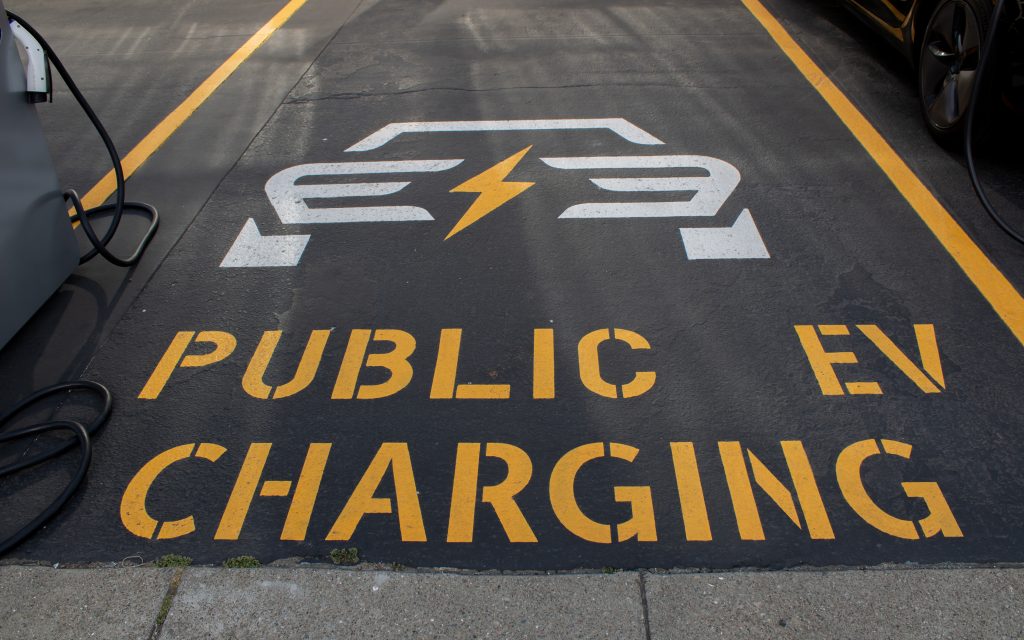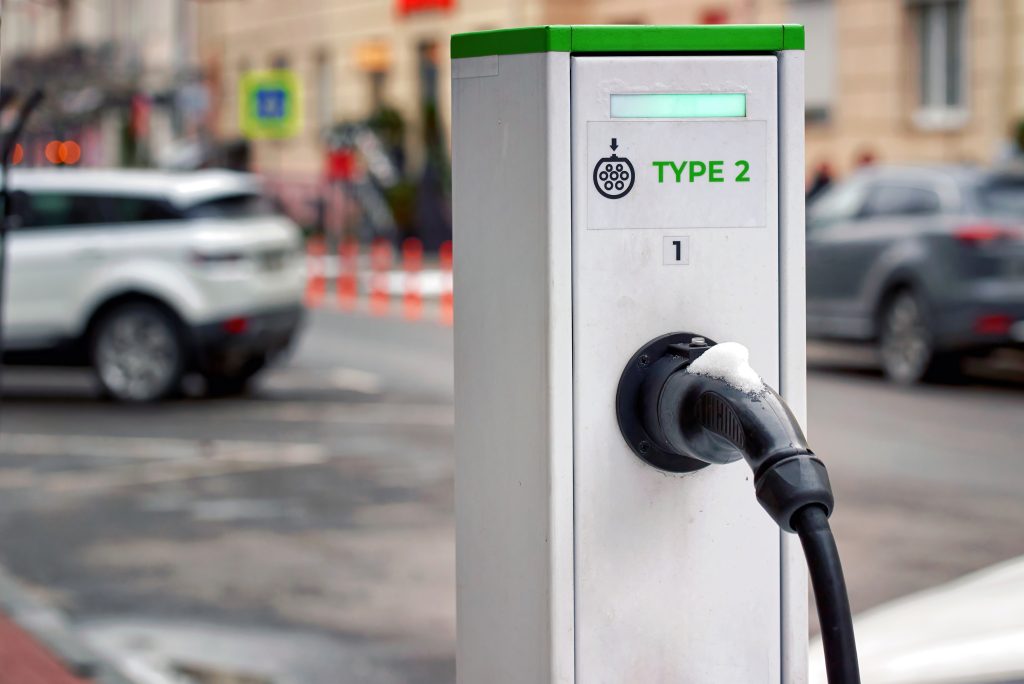Not sure about choosing a charger? Try our revamped Charger Finder!
Try our revamped Charger Finder!
- For Installations
- All our chargers come with a 1 year warranty
- Free Shipping
February 19, 2024
Charging your EV faster is the number one most critical thing for EV owners. Given daily life, long commutes, trips to the grocery store and school runs, EV owners want to find ways to charge their vehicles faster. It also saves significantly on gas money for plug in hybrid EV owners.
Based on our experience in the industry, there can be several factors as to why your EV or plug-in hybrid vehicle can’t charge more quickly. Some of these are uncontrollable and there is nothing that can be done such as the battery itself. Some are controllable and there are things that can be done to improve charging speeds.
Most of this article will focus on residential EV charging but we will also touch on commercial EV charging.

Here are some factors that impact EV charging speeds that you can’t control
| Vehicle | On-board AC charger max power acceptance (kWh) | Battery Size/Capacity (kW) | Charge Time (hours)* |
| Acura ADX | 9.6 (40 amps) | 102 | ~10 hours |
| BMW i3 | 7.2 (only 32 amps) | 32 | ~4.5 hours |
| Chevy Volt | 3.6 (only 16 amps) | 18 | ~5 hours |
*Assumes 240 volt, level 2 EV charging
In the example of above, a 9.6 kWh 40 amp EV charger will not charge a Chevy Volt any quicker, since the Chevy Volt can only “accept” 3.6 kWh of the available 9.6 kWh. To figure out charge time, we divide battery size by the on board charge rate. For example an Acura ADX that is being charged by a 40 amp charger will receive approximately 9.6 kw per hour. We then take the battery size of 102 kw and divide it by 9.6 kw per hour of charging.
a. Is the breaker 40 amps? This means you are running the charger at 32 amps
b. Is the breaker 30 amp? This means you are running the charger at 24 amps
32 amps on a 40 amp breaker and 24 amps on a 30 amp breaker is the maximum allowable continuous current pull. Running power setting at the top rating of the plug and breaker, can result in breaker trips and other electrical related problem.
In older homes or rural homes, it can be cost prohibitive. In newer homes with large supply such as 200 amp or 250 amp supply, it may be more feasible. By changing the breaker to 50 amps (running a 40 ams EV charger), you could receive up to a 20% increase in charging miles per hour of charging. Charging could then be between 28 and 35 miles per hour with much faster charging.
Level 2 EV chargers will provide the fastest charge and generally as technology improves, battery size increases and acceptance rates increase, we expect level 2 EV chargers to become the gold standard.

Factors you may control as it relates to faster EV charging
Here are some simple, relatively easy to fix solutions to increase charging speed:-

Here are some factors that impact EV charging speeds that you can’t control
| Vehicle | On-board AC charger max power acceptance (kWh) | Battery Size/Capacity (kW) | Charge Time (hours)* |
| Acura ADX | 9.6 (40 amps) | 102 | ~10 hours |
| BMW i3 | 7.2 (only 32 amps) | 32 | ~4.5 hours |
| Chevy Volt | 3.6 (only 16 amps) | 18 | ~5 hours |
*Assumes 240 volt, level 2 EV charging
In the example of above, a 9.6 kWh 40 amp EV charger will not charge a Chevy Volt any quicker, since the Chevy Volt can only “accept” 3.6 kWh of the available 9.6 kWh. To figure out charge time, we divide battery size by the on board charge rate. For example an Acura ADX that is being charged by a 40 amp charger will receive approximately 9.6 kw per hour. We then take the battery size of 102 kw and divide it by 9.6 kw per hour of charging.
a. Is the breaker 40 amps? This means you are running the charger at 32 amps
b. Is the breaker 30 amp? This means you are running the charger at 24 amps
32 amps on a 40 amp breaker and 24 amps on a 30 amp breaker is the maximum allowable continuous current pull. Running power setting at the top rating of the plug and breaker, can result in breaker trips and other electrical related problem.
In older homes or rural homes, it can be cost prohibitive. In newer homes with large supply such as 200 amp or 250 amp supply, it may be more feasible. By changing the breaker to 50 amps (running a 40 ams EV charger), you could receive up to a 20% increase in charging miles per hour of charging. Charging could then be between 28 and 35 miles per hour with much faster charging.
Level 2 EV chargers will provide the fastest charge and generally as technology improves, battery size increases and acceptance rates increase, we expect level 2 EV chargers to become the gold standard.